"Save it for a rainy day" is an old saying that is still true today. Storing your food not only saves you unnecessary trips to the store, but also gives you enough provisions in a time of crisis. There are some basic factors to be aware of when storing food. The whole purpose of saving will be defeated, if your provisions go bad. The following tips will show you how to store your food.
What to store?
Store only those foods that you enjoy eating. There is no point in keeping things that are not to your taste. Wheat, rice, oil, sugar, milk powder, honey, etc. are usually the things that are often included in recipes. So make sure you always have enough of them. The quantities depend on the number of people who live in the house and the period for which you want to store them. Dried fruit packed in metal tins are good for long-term storage.
If you want to stock up on packaged or canned foods, always be careful when buying them and make sure their caps aren't dented or otherwise damaged. Check the date of manufacture. Soups can be successfully stored at room temperature for 5 years, except for those containing acids (such as tomato soup, which can last only 18 months).
Storage tips
To increase the shelf life of your food, you need to learn about special storage practices.
• Wheat, rice, cereals, seeds and beans should be stored in large plastic containers. You can buy these from paint stores.
• Avoid storing in used containers as they may contain molecules from previous foods that will spoil the new ones.
• Place a piece of dry ice or add a few bay leaves to protect the cereal from bugs.
• Store plastic containers in a dry place in the pantry or kitchen cupboard.
• Make sure the container is tightly closed and that no air gets in.
• Foods such as meat or dairy products should always be frozen.
• Frozen food must be cooled to a suitable temperature.
• Never defrost and then refreeze food, since this is how bacteria appear.
• Prepared foods such as bread and fruit can only be stored for a short time.
• Do not consume or store expired food.
Emergency food storage
Emergencies come without warning, so you should always be prepared for such situations. The things you need should include milk powder, bread, sugar, butter, etc.
Always renew these supplies so that their contents do not spoil. People living in areas prone to natural disasters should always have such foods available.
Store your food in a dry and cool place. If you stay without electricity for a long time, consume the things from the refrigerator first and then those from the freezer. Most importantly, in times of crisis, never forget to share excess food with your neighbor.
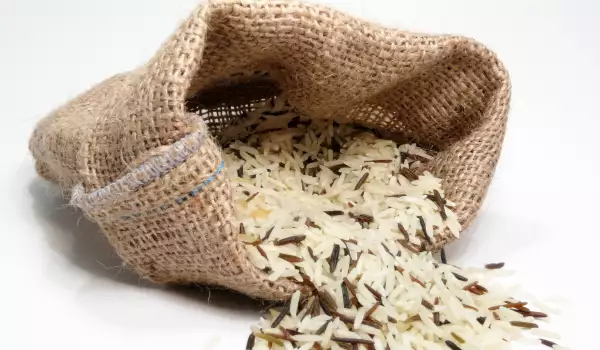

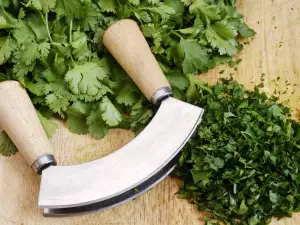

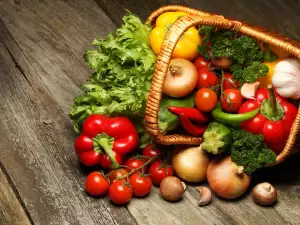


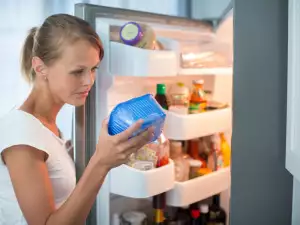

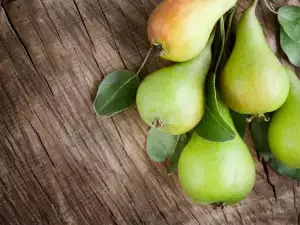
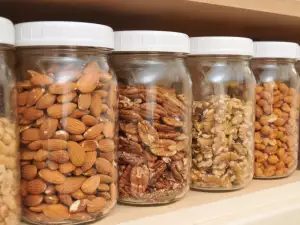
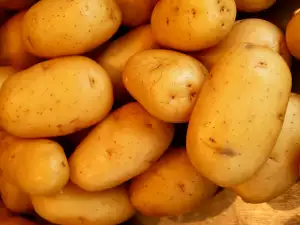








Comments